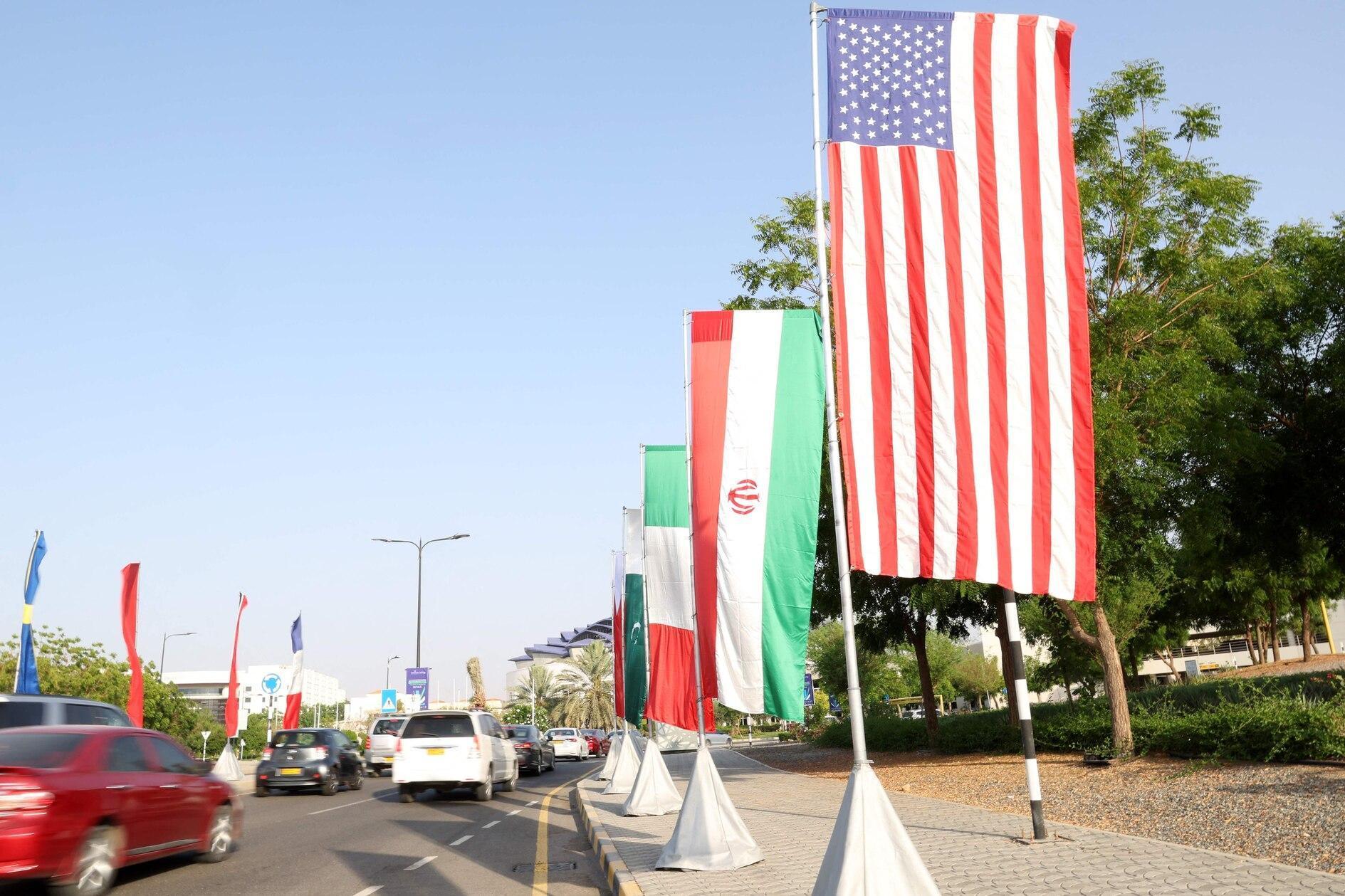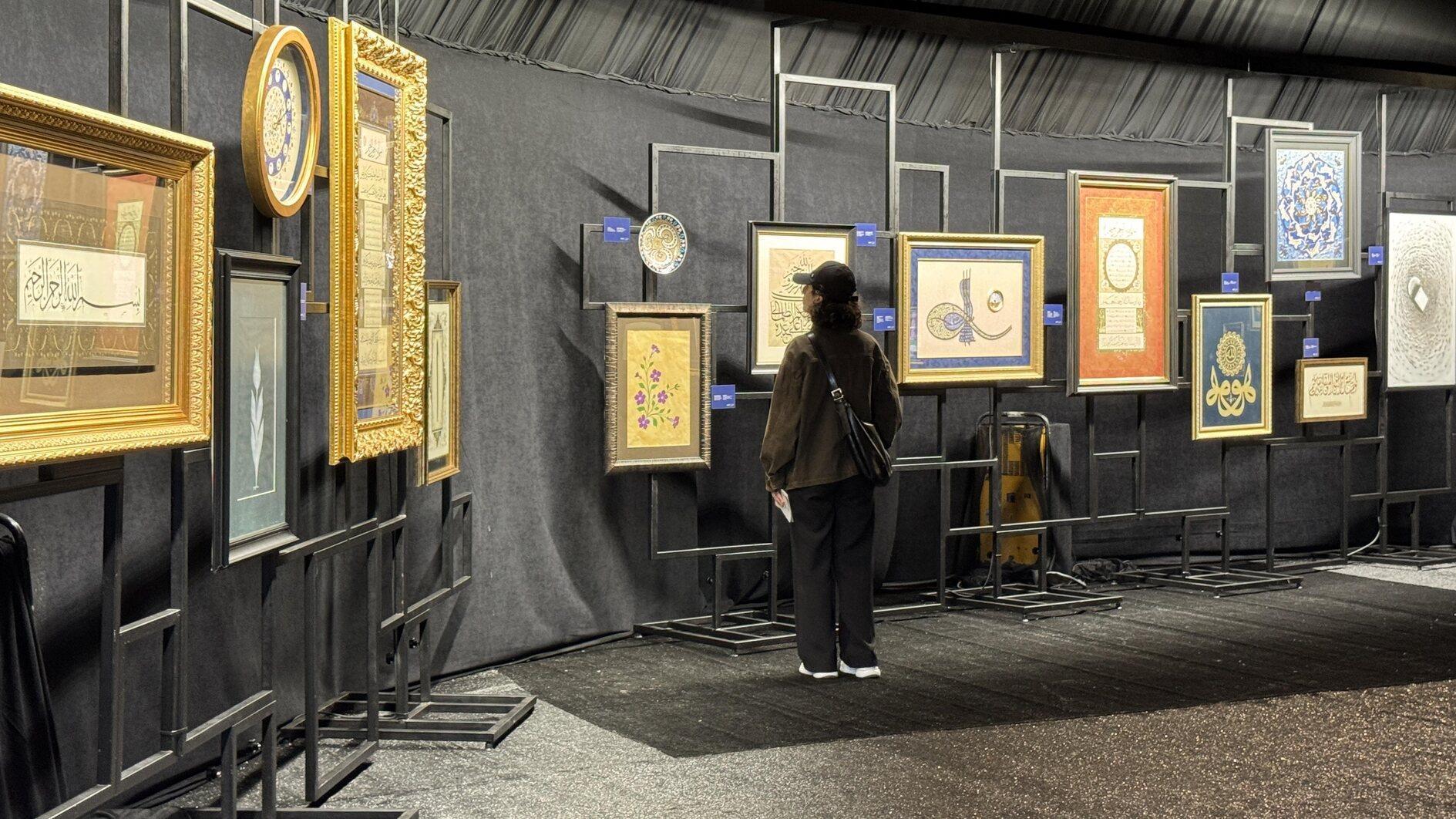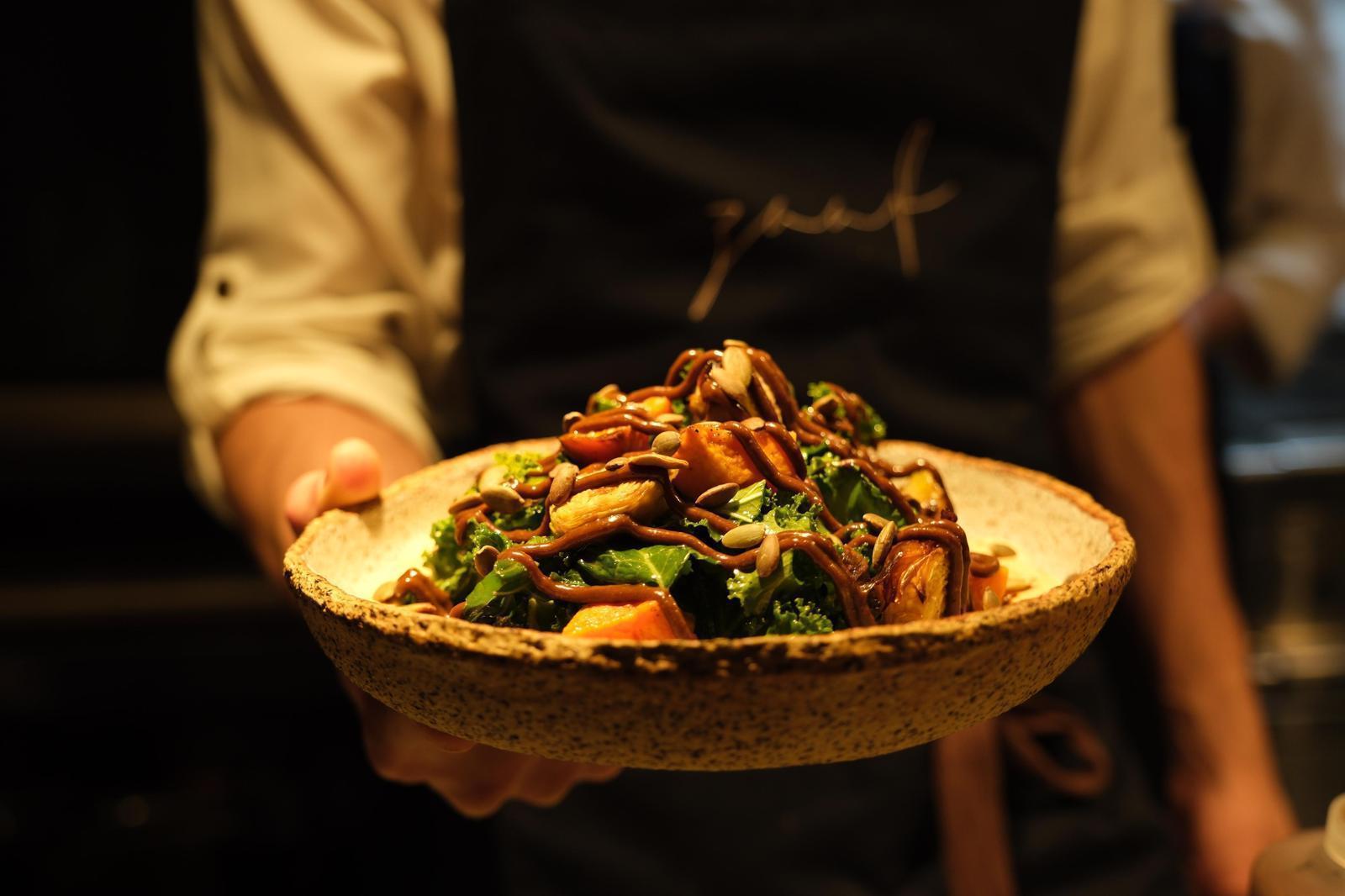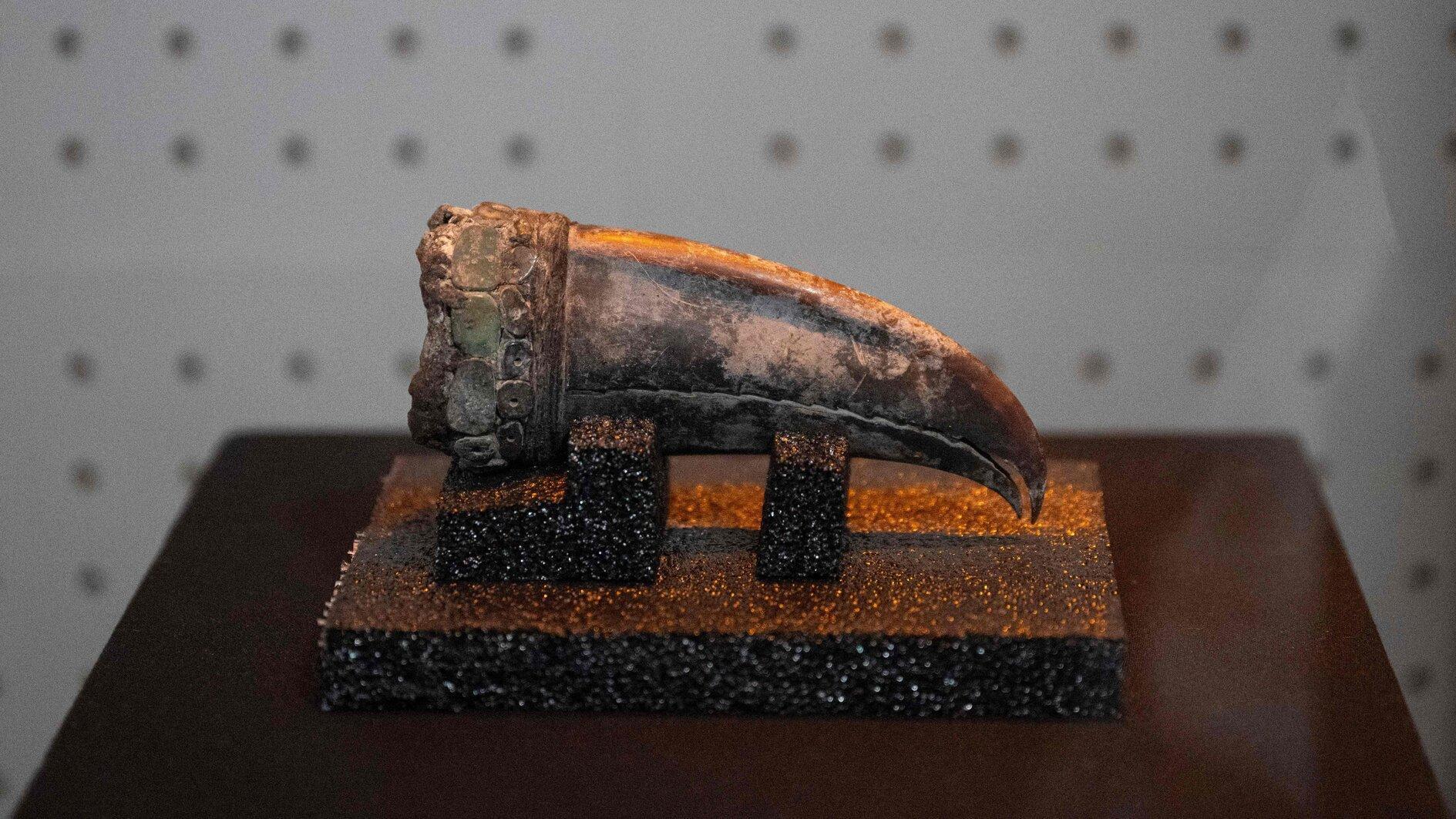Tunisia's Bardo museum reopens after over two years
TUNISIA

Tunisia's renowned Bardo museum reopened to the public on Thursday, AFP journalists reported, after over two years of closure coinciding with a power grab by President Kais Saied.
The largest museum in Tunisia, with collections of rare mosaics and other artefacts housed in a 19th century Ottoman governor's palace, was closed for renovation, according to the Tunisian Ministry of Culture.
Located near the parliament in the Tunisian capital, the museum was closed after president Kais Saied suspended the legislature and assumed wide-ranging powers on July 25, 2021.
Several spaces were enlarged and some collections were relocated to make room for other pieces, said the museum's director, Fatma Nait Yghil, adding that she was "proud of the work carried out."
Civil defence units and police will be deployed "to ensure the safety" of visitors, she added.
Just one hour after reopening, the museum has already welcomed a hundred visitors, among them a number of foreign tourists, AFP journalists reported.
Visitors gazed at several giant antique mosaic pieces, among them depictions of the Roman god Neptune on a chariot or Hercules and his beloved Omphale.
New sections were added to the museum, among them one dedicated to Islamic manuscripts.
"I am happy to be able to finally visit the museum before returning to Germany," said Radhia Mokni, 25.
A museum worker herself, she said she was curious to discover "the treasures" of Tunisia's heritage.
"There is so much richness" in the Bardo museum, she said. "I am very glad about the reopening because this place is a cultural beacon for Tunisia."
On the ground floor, the marble statue of the Roman goddess of harmony was on display next to the funeral stela of the victims of a bloody 2015 attack against the museum.
The shooting attack, claimed by the Islamic State group, left 21 foreign tourists and one Tunisian police officer dead.
"This is a message of peace and tolerance," Nait Yghil said of the reopening.
















